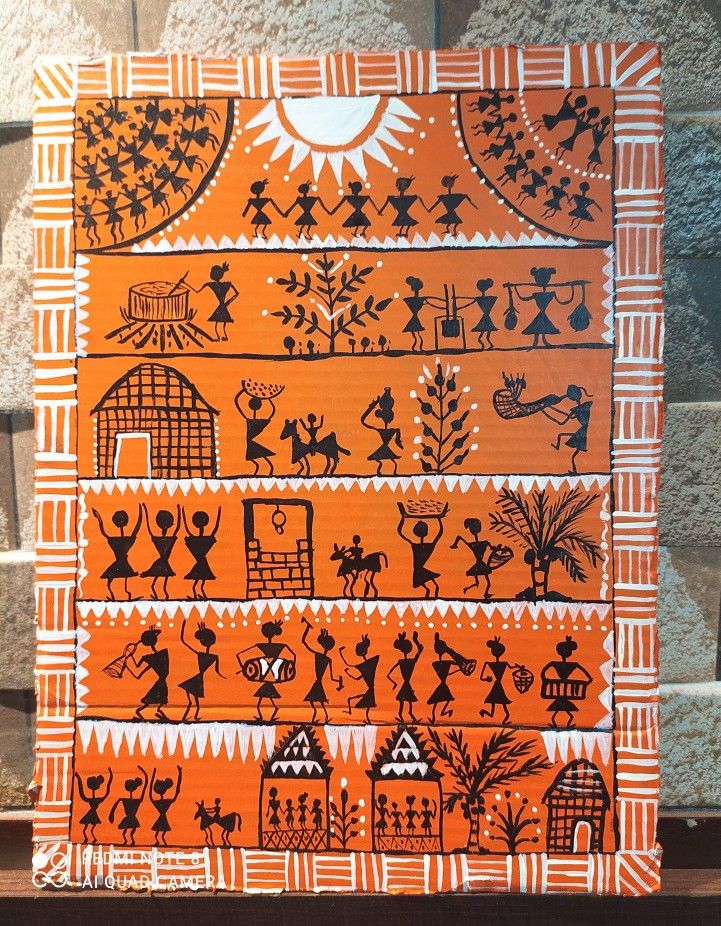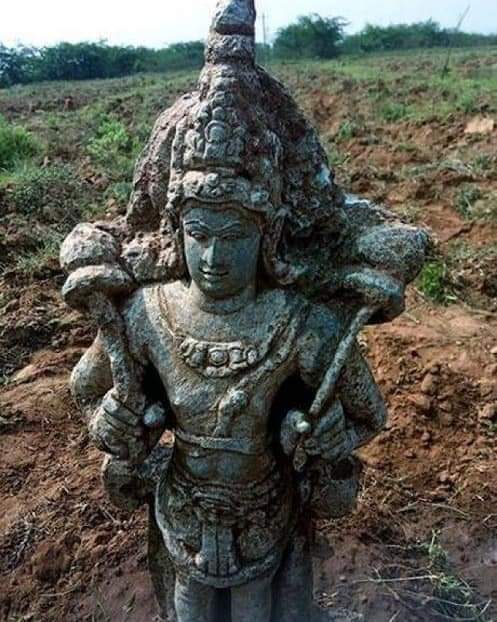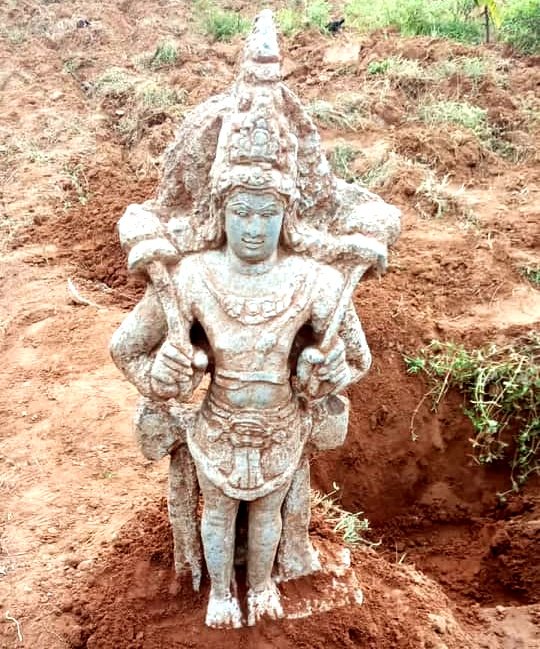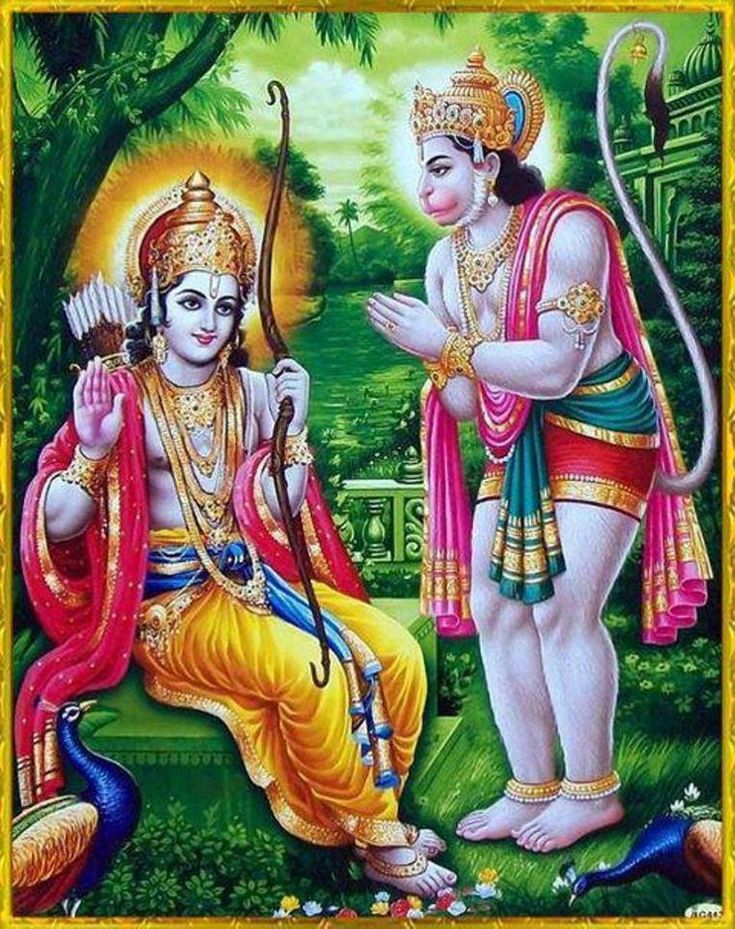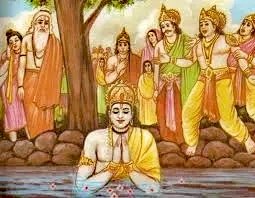
Do you know, how did the term 'Tree Hugger' originate? Who inspired the Chipko Movement and who was Amrita Devi Bishnoi?
The first tree huggers were 294 men and 69 women belonging to the Bishnois branch of Hinduism,who,in 1730,died while trying to protect the trees in their...

The first tree huggers were 294 men and 69 women belonging to the Bishnois branch of Hinduism,who,in 1730,died while trying to protect the trees in their...


..village from being turned into the raw material for building a palace. They literally clung to the trees, while being slaughtered by the foresters. But their action led to a royal decree prohibiting the cutting of trees in any Bishnoi village. And now those villages are... 
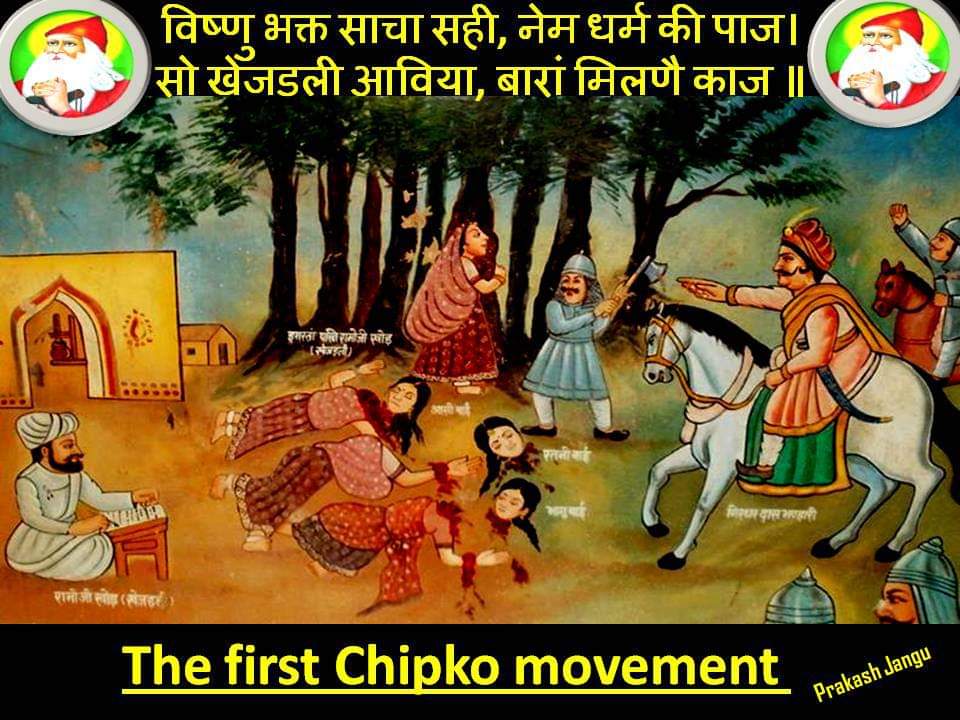
...virtual wooded oases amidst an otherwise desert landscape. The Bishnoi community is often called the protector of wildlife and environment in Western Rajasthan, at times going to lengths for their cause. One of the more well-known cases that catapulted them to fame was when...
...the community dragged Bollywood actor Salman Khan to court for allegedly killing two blackbucks in 1998 near Jodhpur. The community followed the case with dogged conviction for 20 years.
Bishnoism as a sect has 29 tenets that its followers are expected to abide by,..
Bishnoism as a sect has 29 tenets that its followers are expected to abide by,..

...refraining from cutting green trees is one of them. In 1730, a local woman called Amrita Devi Bishnoi of the present day Khejrali village near Jodhpur was so steadfast in her belief of this tenet that she stood with an unwavering courage against a royal troop assigned to cut.. 

...Khejri trees in her village by the then king of Marwar. In the act of defiance-Amrita Devi and her three daughters hugged the trees to save them, and in response, paid with their heads being severed-was followed by others of the community leading to the massacre of 363 people. 

Shocked, the king's troops finally relented and this episode went on not just to galvanise the Bishnoi community’s staunch belief in the world, but also to inspire Uttarakhand’s famous Chipko Movement.
Chipko movement (chipko means “to cling” in Hindi) that started in the 1970s, when a group of peasant women in the Himalayan hills of northern India threw their arms around trees designated to be cut down. 
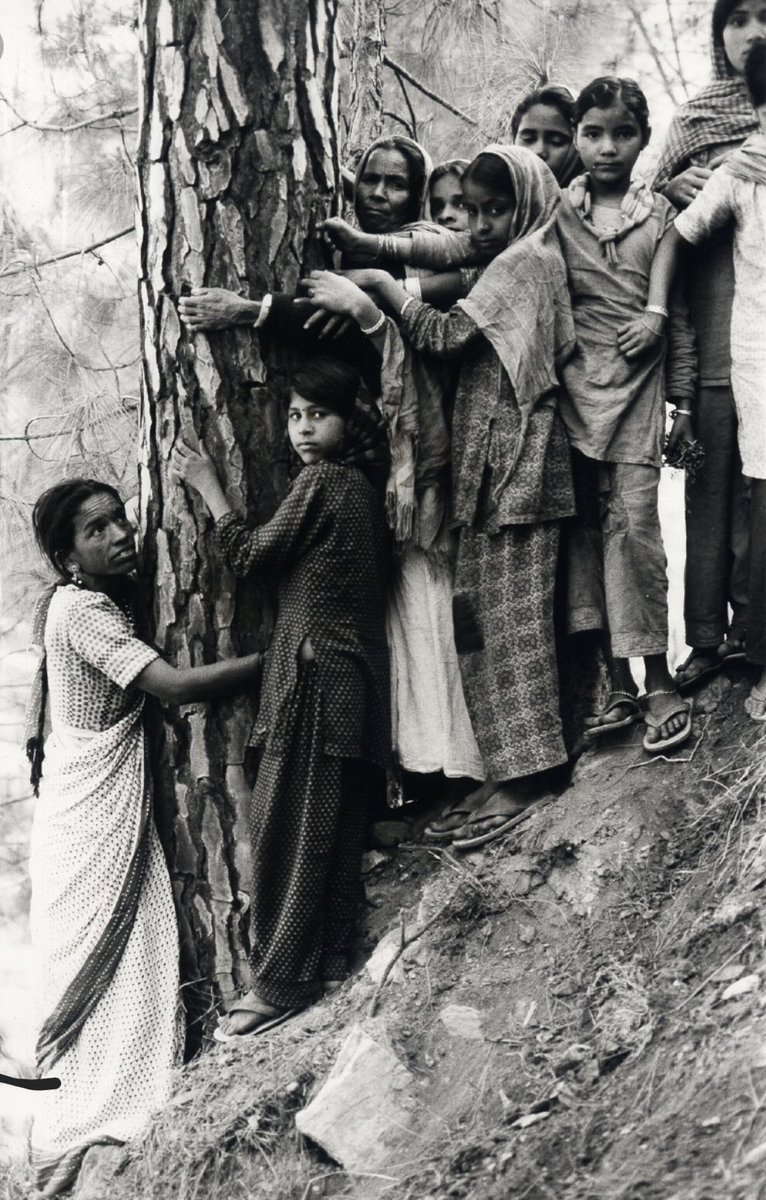
Within a few years, this tactic, also known as tree satyagraha, had spread across India, ultimately forcing reforms in forestry and a moratorium on tree felling in Himalayan regions.
Photo: The village women of the Chipko movement in the early 70's in the Garhwal Hills of India, protecting the trees from being cut down. - Avantgardens.
• • •
Missing some Tweet in this thread? You can try to
force a refresh










